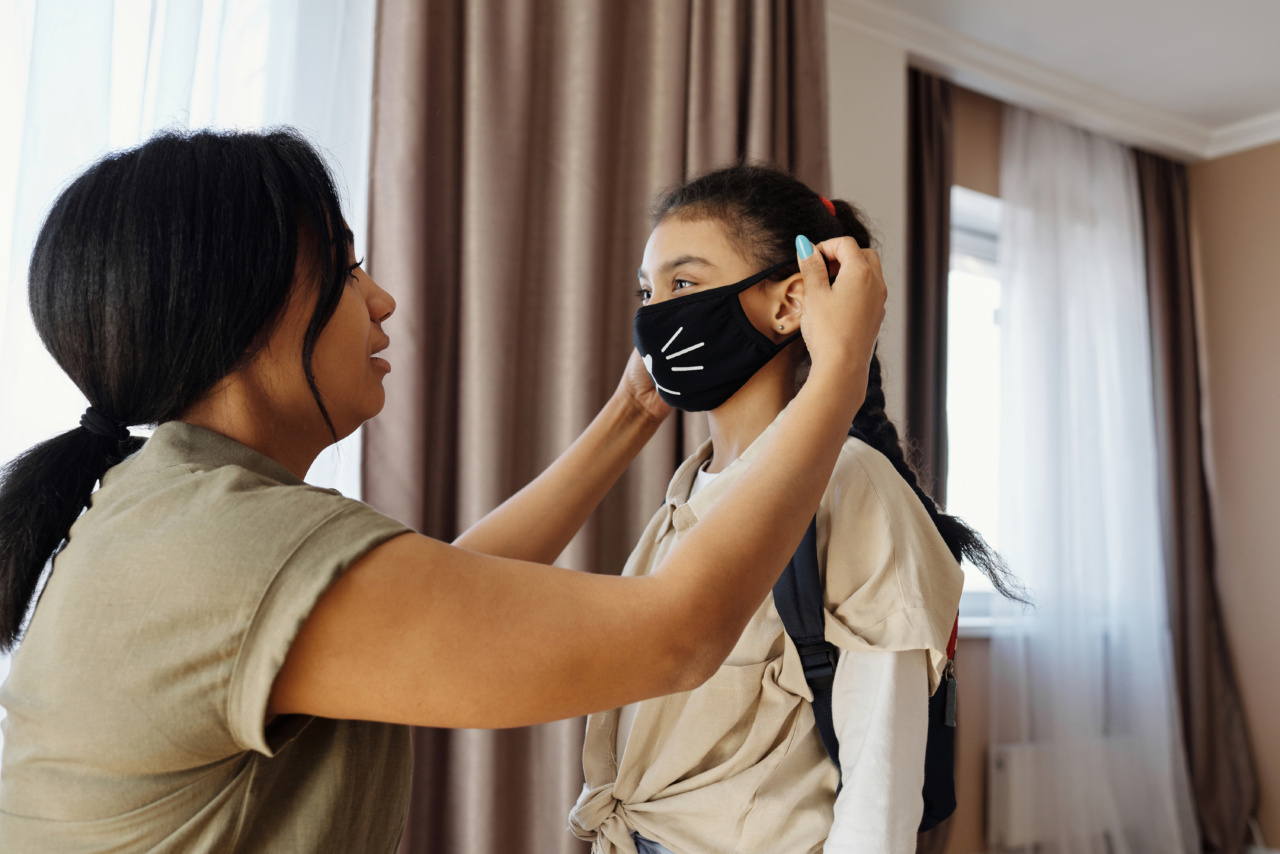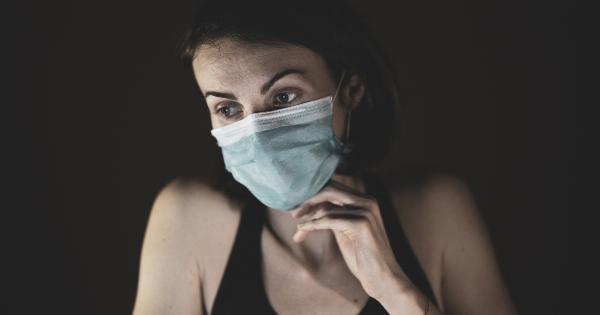In these uncertain times, unemployment rates have soared as businesses struggle to survive amidst the ongoing pandemic.
With the economy experiencing a significant downturn, many individuals find themselves facing the stress and anxiety of being jobless. However, getting vaccinated against COVID-19 can offer a glimmer of hope, not only for individuals but also for their entire families.
By vaccinating more family members, an additional layer of protection is established, reducing the risk of infection and its subsequent impact on the unemployed.
The Importance of Vaccinations
Vaccinations have long played a critical role in preventing the spread of various infectious diseases. By stimulating the body’s immune response, vaccines help develop immunity against specific pathogens, including viruses like COVID-19.
By vaccinating individuals, we can reduce the likelihood of severe illness, hospitalization, and mortality associated with the coronavirus.
Vaccinations and Unemployment
Unemployment brings about a host of challenges, both financially and emotionally. As individuals navigate the job market in search of new opportunities, their vulnerability to illness can pose additional obstacles.
Being unemployed often means lacking access to comprehensive healthcare, thereby limiting the resources available to prevent and treat illnesses. By prioritizing vaccinations for the unemployed and their families, we can help create a healthier environment for these individuals.
Protecting the Household
COVID-19 is known to spread rapidly within households. When one family member contracts the virus, there is a high probability of transmission to others in close proximity.
By vaccinating all eligible family members, we can significantly reduce the risk of infection within the household. This not only protects the unemployed individual but also shields other family members, preventing potential setbacks in their own employment and wellbeing.
Rebuilding Confidence
The unemployed face numerous challenges in their pursuit of employment. Besides financial hardships, the lack of confidence resulting from job loss can be crippling.
However, by ensuring that unemployed individuals and their families are vaccinated, we can contribute to rebuilding their confidence. Knowing that they have taken proactive steps to safeguard their health and the health of their loved ones can provide a sense of reassurance and optimism.
Community Protection
Vaccinating more family members goes beyond protecting the specific household. It also has a broader impact on the community at large.
As individuals venture into the public sphere, even for essential activities like grocery shopping or seeking employment, the risk of virus transmission exists. By extending vaccination efforts to family members, the overall level of community protection increases.
This decreases the likelihood of outbreaks, enhances the effectiveness of public health measures, and accelerates the return to normalcy, benefiting everyone, including the unemployed.
Reducing Strain on Healthcare Systems
The healthcare system has been put under immense strain due to the pandemic. Hospitals and medical facilities continue to face a surge in COVID-19 cases, necessitating the allocation of resources to combat the virus.
By vaccinating more family members, we can reduce the burden on healthcare systems. Fewer individuals falling ill means critical medical resources can be redirected towards other pressing healthcare needs, ultimately benefiting the unemployed and the general population.
Vaccination Education and Outreach
Efforts to vaccinate more family members must be accompanied by comprehensive education and outreach initiatives. It is essential to provide accurate and accessible information about the benefits, safety, and efficacy of vaccines.
Addressing concerns and dispelling myths can contribute to increased vaccine acceptance among the unemployed and their families. Furthermore, outreach programs that prioritize marginalized communities, where unemployment rates may be higher, can help ensure equitable vaccine access.
The Role of Employers
Employers also have a role to play in enhancing vaccine coverage amongst their employees and their families. Offering vaccine incentives, such as paid time off for vaccination appointments or on-site vaccination clinics, can encourage uptake.
This proactive approach not only safeguards the health of employees and their families but also contributes to reducing the overall impact of COVID-19 on the workforce, benefiting both businesses and the unemployed.
Government Support
Government agencies at all levels must prioritize the vaccination of the unemployed and their families.
This includes streamlining appointment processes, ensuring accessibility for individuals with limited resources or transportation options, and conducting targeted vaccination campaigns in areas with higher unemployment rates. By placing emphasis on the vaccination of vulnerable populations, governments can effectively enhance protection for the unemployed.
Conclusion
The fight against the COVID-19 pandemic requires a collective effort from all members of society. Vaccinating more family members not only enhances protection for the unemployed but also contributes to community immunity.
By recognizing the intersecting challenges faced by the unemployed, offering comprehensive education, and providing necessary support, we can build a stronger, healthier future for all.































